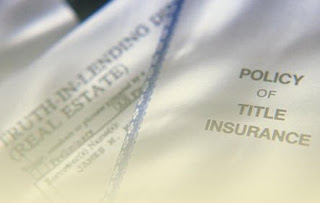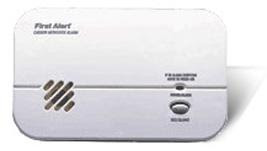Understanding Title Insurance

A policy of title insurance is a contract of indemnity between the insured and the insuring company relating to the title to the land described in the policy, protecting the insured against loss of damage by reason of defects, liens or encumbrances of the insured title existing at the date of the policy and not expressly excepted from its coverage. The policy is issued after a complete search and examination of the public records and shows the condition of the record title, including any money obligations outstanding against the property, easements and other matters which may affect the rights of ownership, possession and use of the property. Title insurance protects the "record" title, insuring it is good subject only to the exceptions expressly set out in the policy. lt also insures against certain matters which do not appear of record, such as forgery, identity of parties, incompetence of former owners, interest of missing heirs, and status of individuals not having the ...





